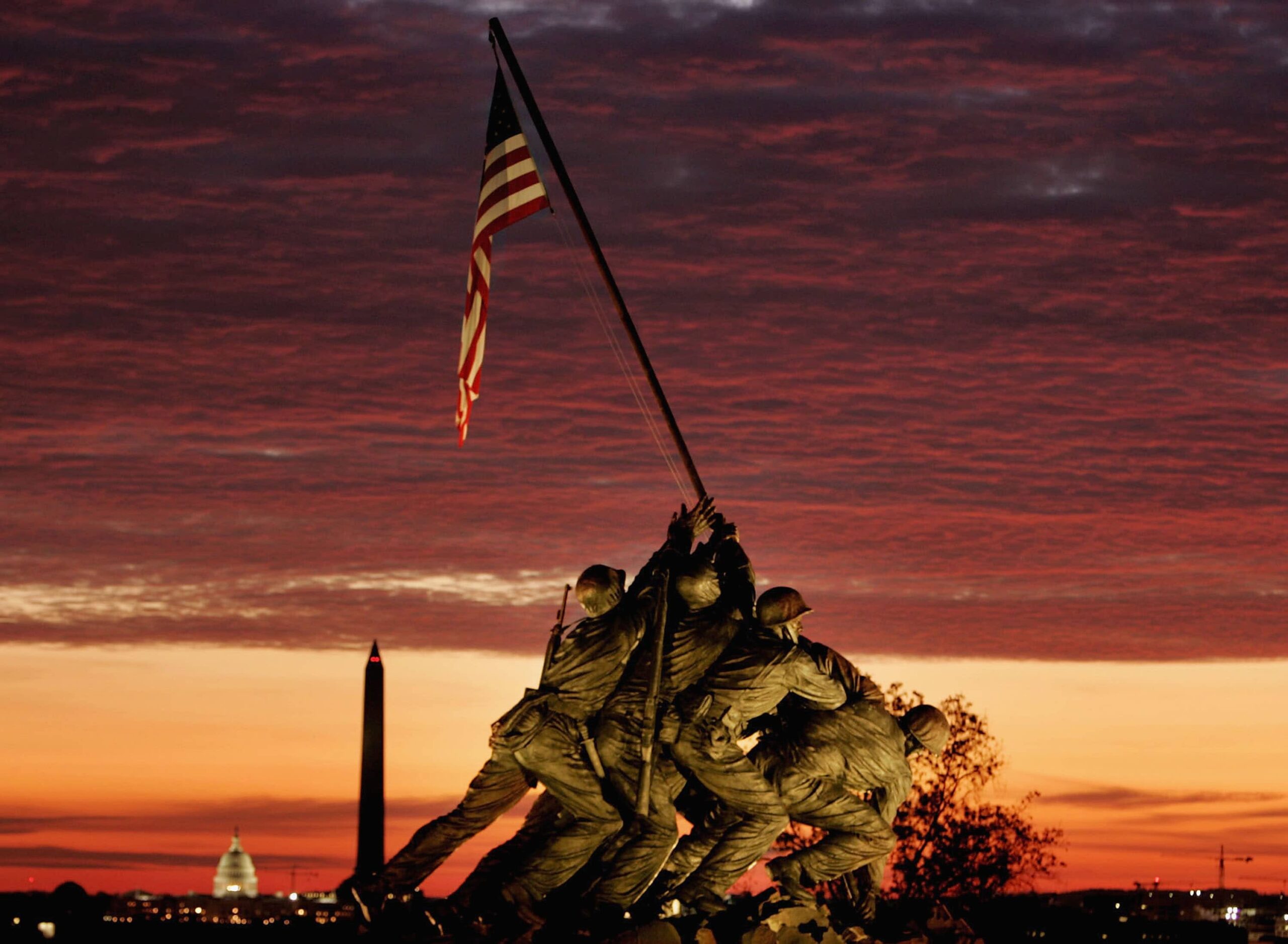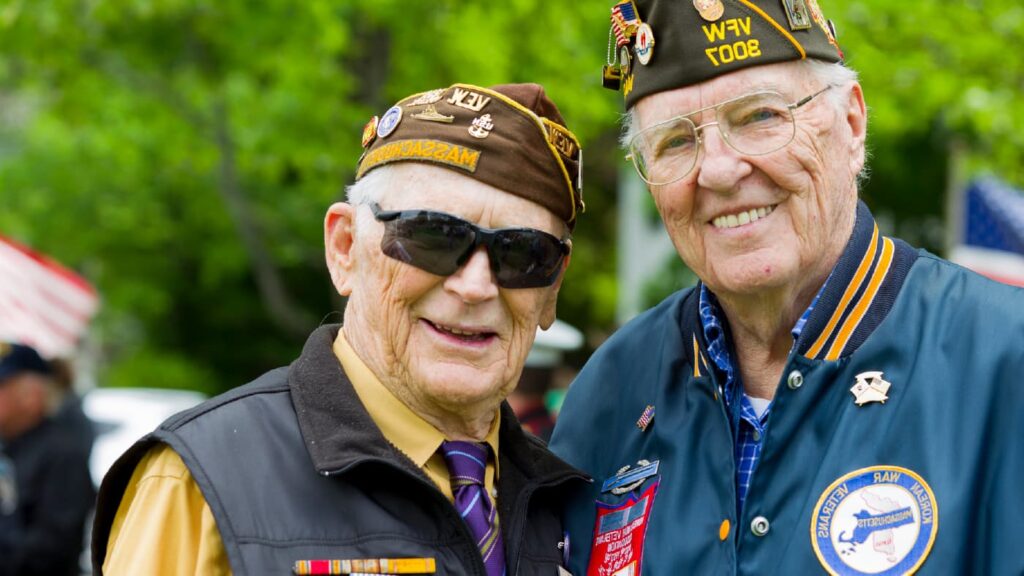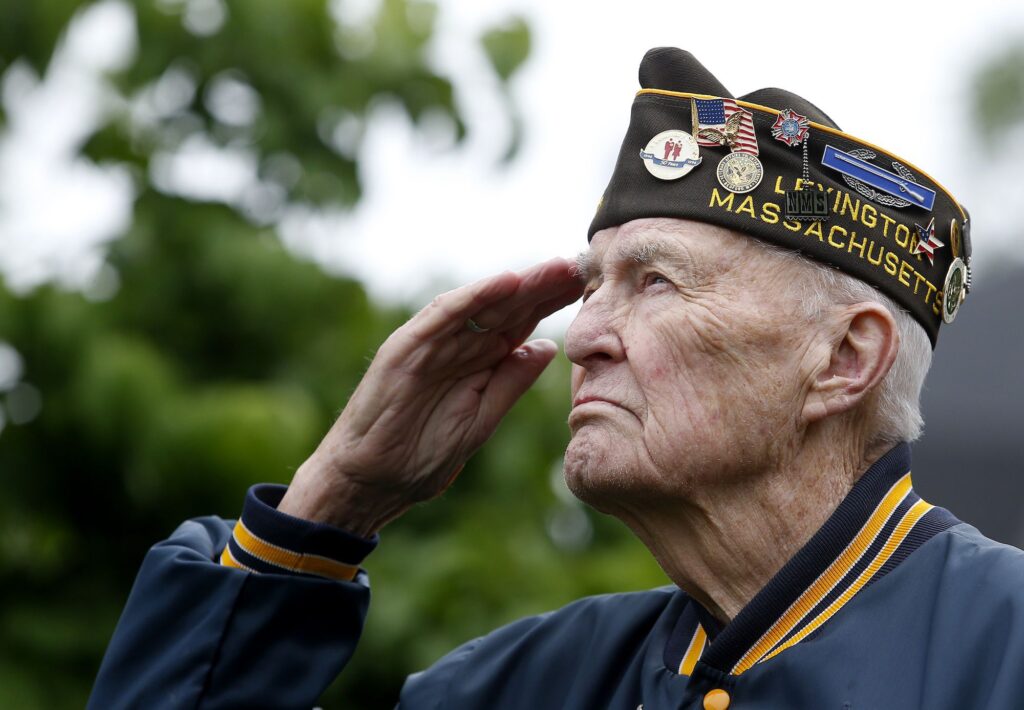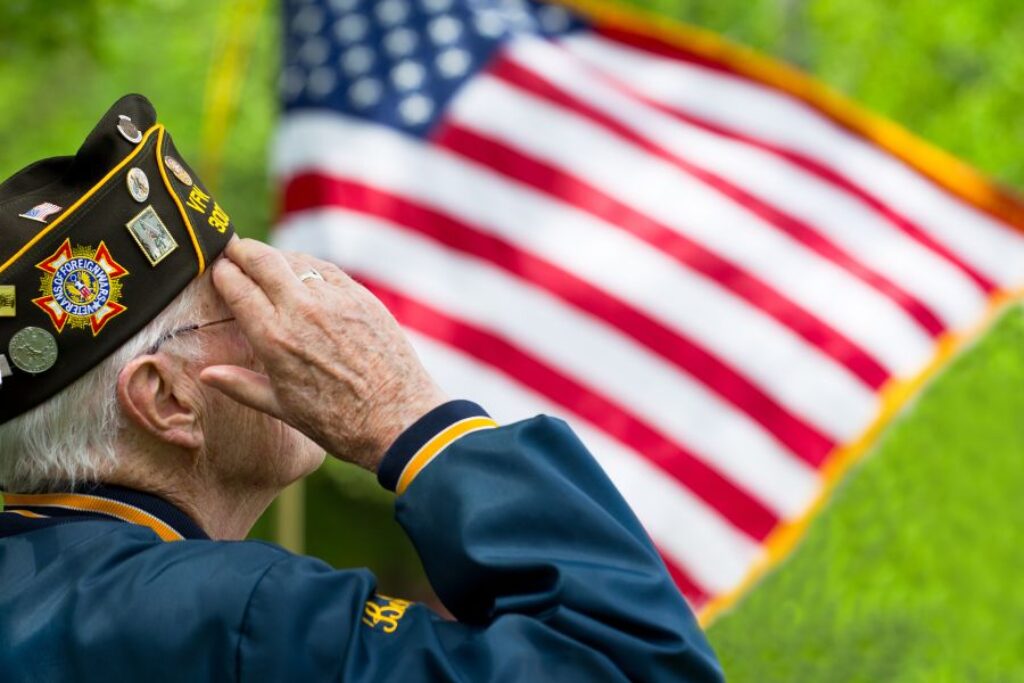
Nonprofit organizations are driven by humanity and responsibility and are always there for vets and their families. They offer a sea of benefits and resources that they can use to improve their lives. Whether helping with getting microgrants or wage increases or having veterans’ rights and health care advocacy, these nongovernmental organizations have become a shelter for those who made a lot of sacrifices for their countries.
Here, we’ll explore some of these benefits:

Source: learngrantwriting.org
Support Services: Veteran’s organizations offer many services. They say they can sometimes offer healthcare, mental health support, housing, job training, and educational assistance. By providing such services, they help make transitioning back to civilian life easier and address any obstacles.
Skill Development and Employment Opportunities: Many nonprofits for veterans pursue the development of abilities and fulfillment of employment opportunities. Such programs could include job training workshops, resume assistance exercises, and employer connections development. By providing veterans with new skills and assisting them in securing good jobs, these programs provide the tools that enable them to establish fruitful careers and eventually achieve financial stability.
Community growth: Veteran nonprofit organizations are one of the greatest means of community life. Veterans organizations develop places where people with similar experiences can unite and feel accepted. These organizations also motivate individuals to form a sense of belonging among others. Such peer support might be a great boon to veterans to whom military camaraderie can feel rather like a regression into social isolation, a phenomenon so challenging to personify even when alone.

Source: azuraliving.com
Advocacy and Awareness: for the veterans’ nonprofits, even as the advocates of veteran rights and the Awareness brought about vital issues regarding veterans, their role is priceless. They may become involved as they lobby governmental representatives for improved healthcare and benefits or tirelessly fight both stereotypes and stigmas that come with military service. To sensitize society, these agencies bring veterans’ concerns to the forefront, thus contributing to their welfare in the long run.
Financial Assistance: Some nonprofit societies, such as Wounded Warriors Family Support, offer financial aid programs to help veterans and their families who meet the eligibility criteria. The aid could come from grants, scholarships, or emergency financial aid to cover the cost of bills, home rent, or college tuition. These organizations help veterans overcome financial barriers to continue focusing on wellness and pursue their preferences.
Therapeutic Activities: Many nonprofit organizations center on veterans trying to provide activities and programs that are therapeutic and recreational as a means of relief. They may comprise outdoor adventures, sports clubs, art therapy classes, and peer support groups, among many other opportunities. These activities can be beneficial to veterans in managing stress, dealing with trauma, and developing coping mechanisms, which eventually will positively affect the veteran’s lifelong quality.

Source: floridapolitics.com
Legacy and Remembrance: Often, veterans’ organizations are very significant in keeping the military legacy alive and honoring the sacrifices of their brothers. They can, for example, sponsor things like memorials, parades, and anniversaries to mark or commemorate those who have served and significant historic events. Through the preservation of such tradition, these organizations will provide a reminder and a mark of respect when future generations reflect on veterans’ service.
Final Thoughts
Nonprofit veterans’ organizations outdo themselves by providing a comprehensive package of comfort and strength to retired military personnel, such as Wounded Warriors Family Support. Theseagencies guide and ensure veterans are regarded and honored, offering a comprehensive package of comfort and strength that includes primary care services, fostering camaraderie, and advocating for veterans’ rights.







